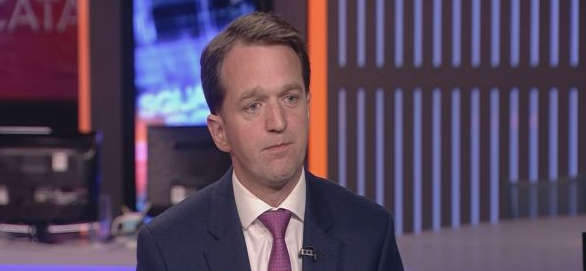
The prices of so-called growth and momentum stocks have become too high and it’s now time to look at value-based equities, according to one expert.
Thomas Moore, the investment director at Aberdeen Standard Investments, told “Squawk Box Europe” Thursday that the premium being paid for companies with decent growth potential is higher that it has been at any time since the dotcom bubble peaked in 2000.
“Investors have lost sight of valuations in the last few months,” said Moore before adding that “conditions are there for a rotation in the second half of the year.”
A growth stock is one that tends to increase in capital value rather than yield high income. FANG stocks would be a typical example. On the other hand a stock is considered “value” if it trades at a lower price relative to its fundamentals, such as dividends and earnings.
Moore said an economic acceleration in the United States coupled with solid earnings figures would encourage investors to trust stocks and sectors that have previously been written off.
“People who are in their twenties will be thinking that old economy stocks are losers. But there will come a time for them. Amazon won’t be disrupting every sector. They won’t be building roads, they won’t be constructing homes,” said Moore.
The analyst said some investors are admitting their stocks are overvalued but maintain holdings by arguing that they can’t find any attractive investments elsewhere.
He added that value and growth equities have alternated market leadership for decades and the latter has been in control since 2008. In a note to CNBC the investor said it was only time “before this crowded long (position) unwinds.”
Holding a focus on U.K.-listed equities, Moore identified BP and Royal Dutch Shell as a good example of traditional stocks that have redoubled efforts to cut costs, thereby increasing cash flow and opportunities for dividend payouts. He also said the unloved U.K. financial sector should be trawled for value.
The analyst admitted that Brexit was the big issue that could drag on cyclical firms.
“In the U.K. inflation is lagging wages, employment is going up and hiring intentions are going up but because of Brexit people are saying ‘no deal I’m not buying these stocks’,” he said.
Moore argued that once there was a resolution on the U.K.’s exit from Europe there could be “a wall of money” ready to invest in British-listed firms.

